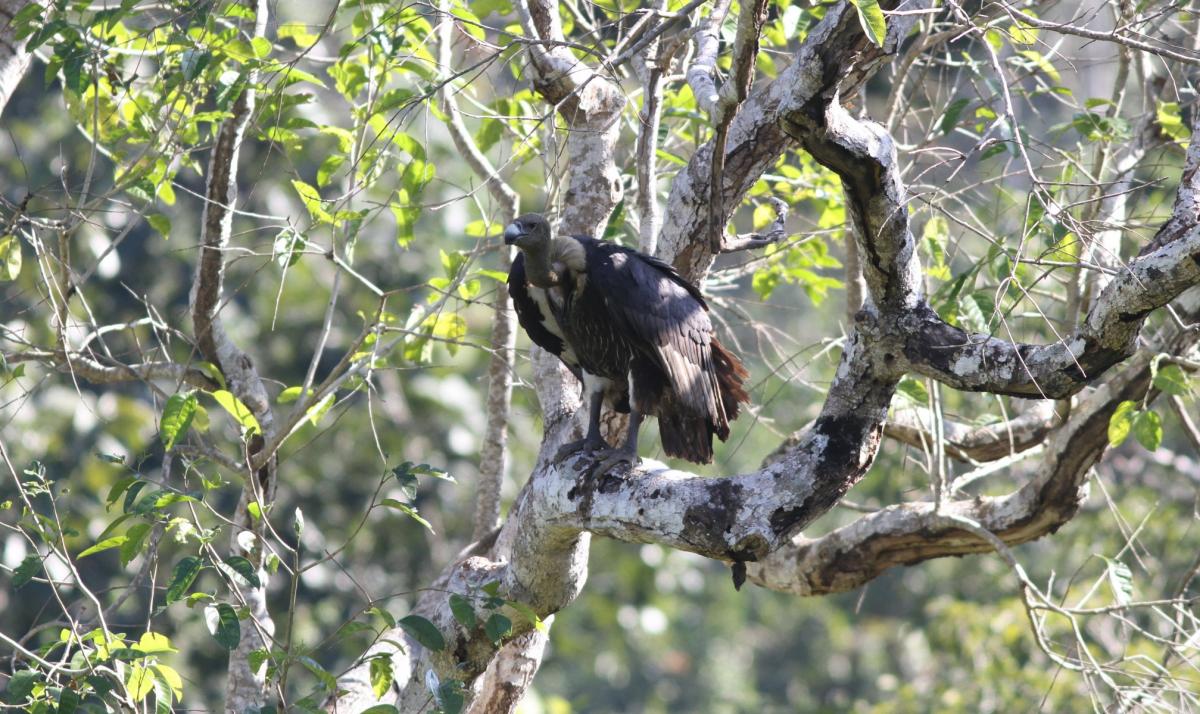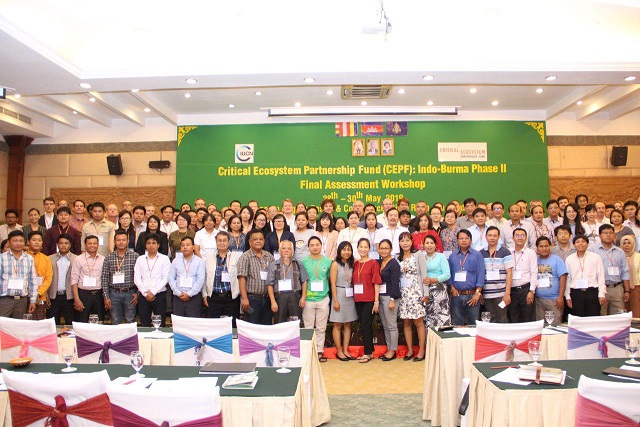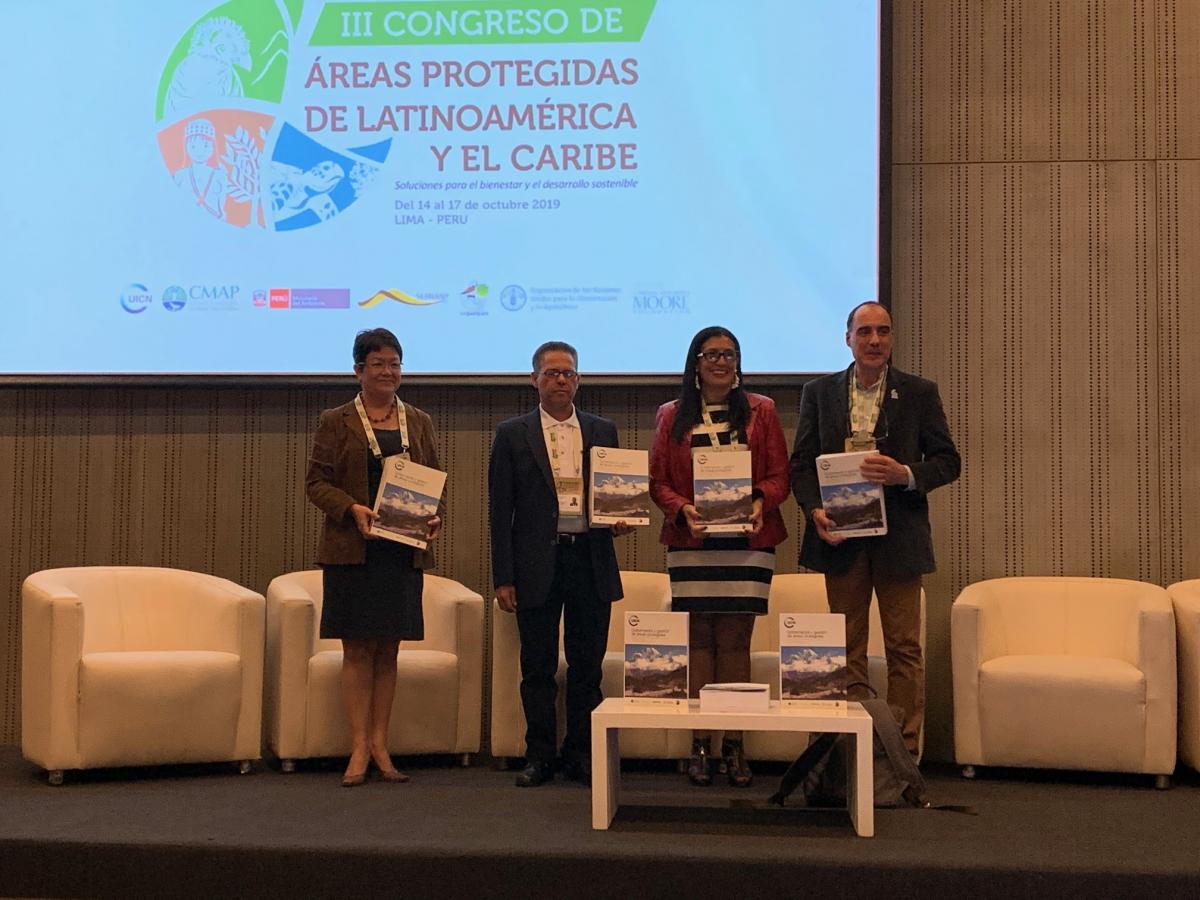Blog: Banning of Ketoprofen - Yet another milestone in saving the vultures of Bangladesh
In January, Bangladesh banned the vulture-toxic veterinary drug, Ketoprofen in two Vulture Safe Zones (VSZs) in an attempt to protect the country’s remaining vulture population from extinction. The banning of this drug has cumulated from two years of groundwork from local to national levels creating the stepping stone for the future.

Photo: A.B.M. Sarowar Alam
The New Year has already ushered in very good news for the vultures of Bangladesh, with the Directorate General of Drug Administration declaration a ban on Ketoprofen. Ketoprofen, a veterinary painkiller, is the second vulture toxic drug to be banned after Diclofenac in 2010. Both the drugs are equally dangerous and recent surveys have showed that the drug is present in significant amount in the market. Any vulture feeding on a cattle carcass containing Ketoprofen is bound to die. With only about 260 white-rumped vultures remaining, Bangladesh cannot afford to lose any more. The step to ban this drug was a move in the right direction and the decision is being applauded by conservationists worldwide as an exemplary initiative. These two Vulture Safe Zones (VSZs) are the only two places in Asia where this drug is banned. The government of Tamil Nadu banned it in 2015.
The world’s first ever government approved VSZs were declared in Bangladesh in 2014. VSZs are designated areas where there is at least one vulture colony and all threats to vultures are minimised. Through the Vulture Conservation Project along with Bangladesh Forest Department, IUCN Bangladesh conducted pharmacy surveys, communicated with local veterinarians, pharmacists and cattle owners to understand the status of Ketoprofen in the VSZs and in Bangladesh.
Project partners also reached out to two of the largest manufacturers of Ketoprofen, ACME Limited and RENETA, and have been successful in engaging the two companies to promote vulture conservation and the safe alternative, Meloxicam. Widespread awareness campaigns in the VSZs ensured that local communities understood the harmful effects of Ketoprofen and also learned about the Meloxicam alternative.
Finally, with the help of the Bangladesh National Vulture Recovery Committee, the Ministry of Environment and Forests submitted a proposal for the banning of Ketoprofen.
The road to banning Ketoprofen faced numerous challenges particularly because of the misconceptions and myths about Meloxicam, the alternative safe drug. The misconceptions included the notion that Meloxicam causes miscarriages in pregnant cattle and that it renders milk from lactating cows harmful for consumption. Other concerns about Meloxicam included a lack of availability and high prices.
As livestock contributes extensively to the economy, it was not going to be possible to simply ban the drug without addressing these issues. Hence in a workshop that included representatives from the Department of Livestock, Drug Administration, Ministry of Environment and Forests, conservationists and national and internationally renowned scientists, the myths and misconceptions about Meloxicam were dispelled, at least at the national level.
After the successful workshop, most of the obstacles were cleared for the banning of Ketoprofen. With successful local- and national-level campaigns and advocacy through smart public sector engagement, Ketoprofen was finally banned in the most important vulture areas.
Although Ketoprofen is banned, work must continue at different levels to ensure that Meloxicam is promoted and made readily available. The manufacturers of Meloxicam should be provided with incentives such as a stronger formula helping in large scale production, and thus reduced prices.
Researchers must find ways to develop Meloxicam further, so that there remains no scope for misconceptions. Furthermore, the search for other safe drugs should continue in order to supplement Meloxicam in the market.
Finally, knowledge dissemination and awareness among the users of Meloxicam must be built up to dispel the myths that still persist.
We hope the harmful drugs will be extinct before our vultures, and that the vultures, even in the face of extreme human onslaught, will endure whatever that is thrown at them.
This blog post was contributed by Sakib Ahmed, Programme Assistant of IUCN Bangladesh working at the project “Community-based Vulture Safe Zone Management in Bangladesh”. Twitter @Sakib_A5



